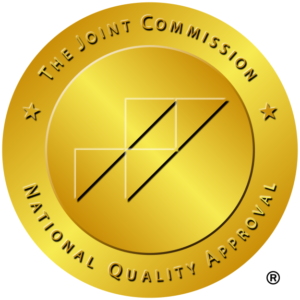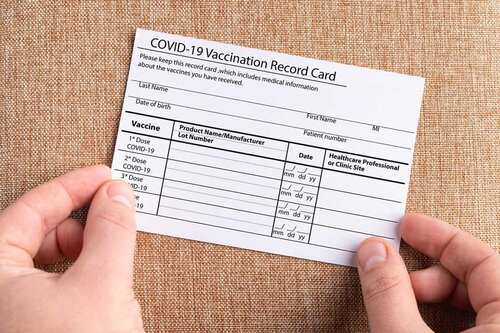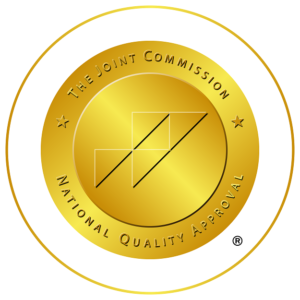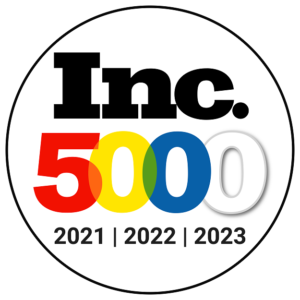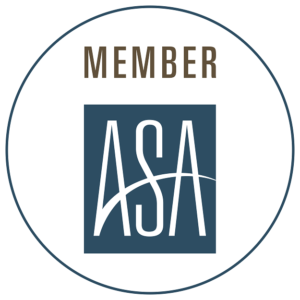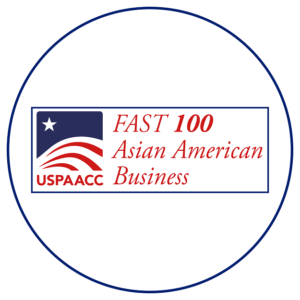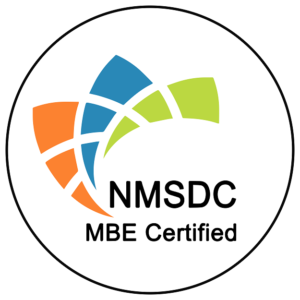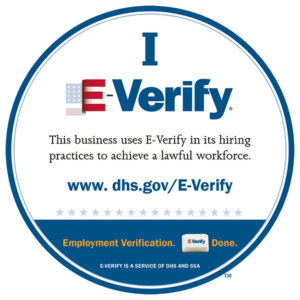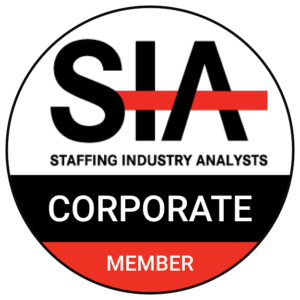Carrying Your Vaccine Proof
Many firms are forcing employees to produce Vaccine Proof or wear masks and are subject to frequent COVID-19 testing as the COVID-19 delta variant spreads. Employers should carefully develop vaccination policies, according to employment law specialists, and employers should not ask for too much information.
The U.S. Centers for Disease Control and Prevention (CDC) and many state public health authorities have recently relaxed COVID-19-related safety rules and recommendations for fully vaccinated people. But the highly transmissible delta variant has caused a surge in cases, prompting the CDC and other agencies to recommend that fully vaccinated people wear masks in certain indoor settings.
Many companies recently announced similar policies or said they plan to require all employees to get inoculated. Businesses that require vaccination or have different policies based on vaccination status will need to balance workplace safety policies and employee privacy considerations.
Here are some tips for employers that decide to ask workers for proof of their vaccination status.
Limit the Inquiry
Employers may have legitimate business reasons to ask employees about their Vaccine Proof, but employers should be careful not to dig too deep into any inquiry. Employers should avoid making medical inquiries that could run afoul of the Americans with Disabilities Act (ADA). He noted, however, that simply asking for proof of a COVID-19 vaccination is permissible under the ADA because it is not likely to prompt the employee to provide disability-related information.
Employees may refuse to confirm their vaccination status for reasons unrelated to a disability, according to the US Equal Employment Opportunity Commission (EEOC). As a result, asking for documentation or other proof of vaccination from a community third party is not a disability-related inquiry under the ADA, and the ADA’s provisions regarding such inquiries do not apply.
In essence, the EEOC stated that you have the right to inquire about vaccination status. Employers, on the other hand, should avoid inquiring about why an employee did not acquire a vaccination. According to the EEOC, these queries could elicit disability-related information and would be subject to the ADA’s requirement that questions be job-related and consistent with business necessity.
If employers require vaccination proof from a pharmacy or health care provider, they should caution employees not to include any medical information in the proof to avoid violating the ADA, according to the EEOC.
Maintain Confidentiality
Any documentation or other proof that employees offer about their vaccination status is considered medical information, according to the EEOC, and must be kept private.
If employers do require confirmation of vaccination, access to the information should be restricted and its usage limited.
Furthermore, the information could be protected by state law. Employers subject to the consumer privacy act should be aware that collecting such information will almost certainly trigger the law’s notification obligations. As a result, while collecting vaccine-related information, employers should double-check that this warning has been issued.
Keep your policies up to date
In this fast-paced climate, state and municipal governments are frequently updating their COVID-19 requirements, which might have an impact on the commercial reasons why an employer might need to know an employee’s vaccination status.
Make sure you’re following the requirements in your jurisdiction, create a system for tracking vaccination status, and train your personnel to make only the essential inquiries. As the pandemic progresses, he predicts that employers would struggle to maintain consistent rules and practices. As a result, they must be nimble and maintain their nimbleness.
Employers adopt uniform messaging to communicate their practices and talking points in case customers or clients inquire about the vaccination status of theirs employees.
Conclusion
Reduce the transmission of the virus by providing tools and a work atmosphere that encourages preventive measures. Provide tissues, no-touch trash cans, hand soap, and hand sanitizer Vaccine Proof.

